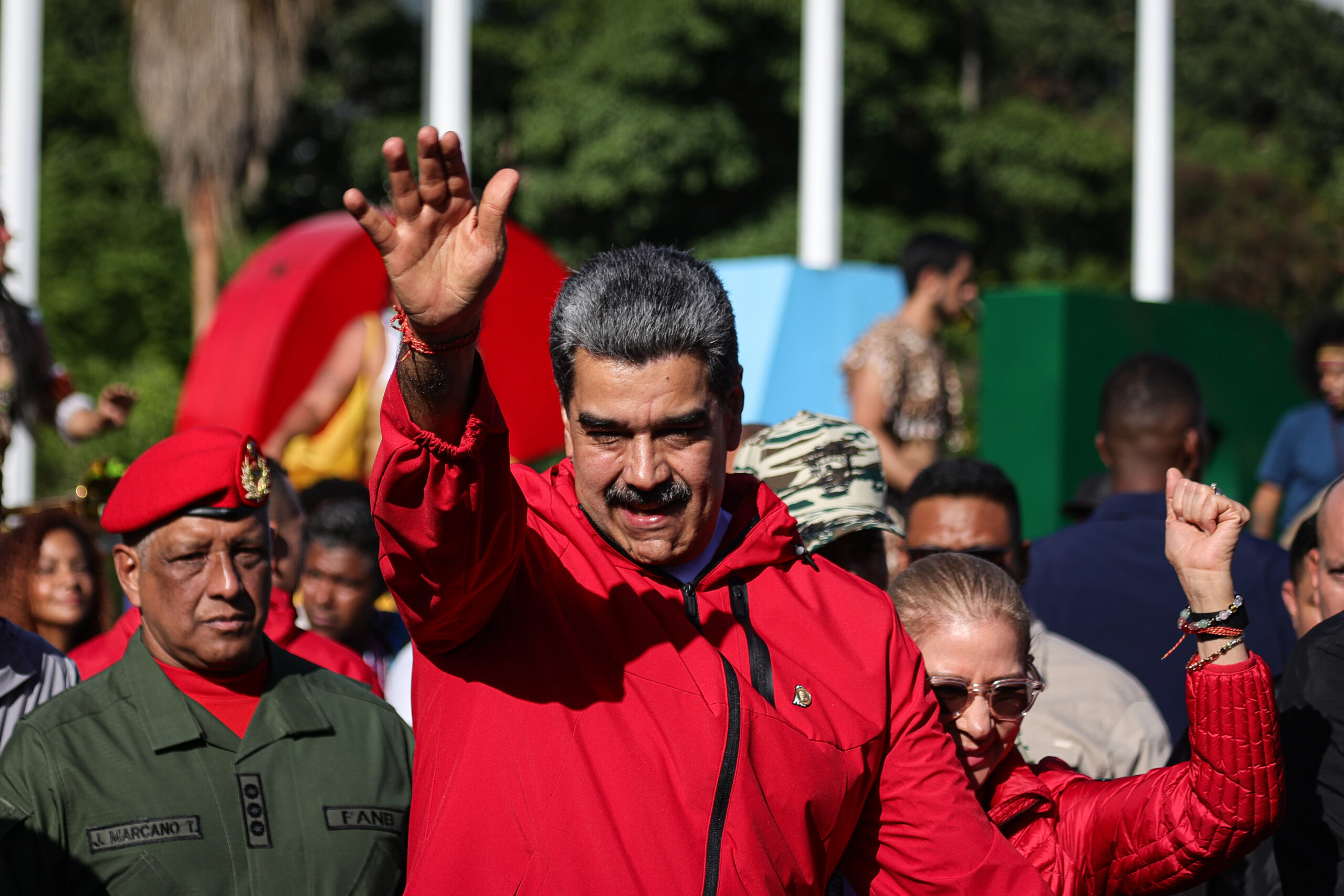In April 1939, American unemployment reached 20.7 percent. For Henry Morgenthau Jr., Franklin D. Roosevelt’s Secretary of the Treasury, this was bad news. In a private meeting he confessed to two senior congressmen: “We are spending more than we have ever spent before and it does not work… After eight years of this administration, we have just as much unemployment as when we started. And an enormous debt to boot.”
Today, Americans know how the Great Depression ended. It ended with the onset of war in Europe. FDR truly believed that, if Britain and France went to war with Germany, the quagmire would make the British and French Governments heavily dependent on access to U.S. credit markets and resources, thereby ending America’s economic Depression. FDR welcomed the stimulus that war provided.
In 1939, Joseph Stalin hoped war in the West would be a quagmire fatally weakening Germany and its opponents. Stalin believed this development would open the door to a massive Soviet invasion from the East that would supplant Nazism with Communism. Thus, Stalin eagerly supplied the German war machine with the oil, iron, aluminum, grain, rubber, and other mineral resources Berlin needed to launch its war against Britain, France, and the Low Countries.
Ultimately, both FDR and Stalin miscalculated just how costly and risky the new conflict in Europe would be. War broke out in 1939, and in 1940 German military power rapidly defeated Western allies, though Britain fought on. The next year Germany invaded the Soviet Union.
Today, the Trump administration faces some conditions that FDR would recognize. Scott Bessent, President Donald Trump’s Treasury Secretary, confronts a national sovereign debt of approximately $38 trillion. Liquidity strains also persist in parts of the financial system, and the dollar’s long-term reserve status is under significant pressure and scrutiny.
Among the ideas under discussion by Bessent is a more enthusiastic official embrace of stablecoins—cryptocurrencies deliberately engineered to remain boringly pegged one-for-one to the dollar by holding equivalent reserves of cash or high-quality cash-equivalents in regulated accounts. In plain language: digital dollars that promise never to fluctuate like Bitcoin but can circle the globe in seconds without ever touching a traditional bank.
Bessent publicly argues that well-regulated stablecoins will also extend the dollar’s dominance into the blockchain era. Trump appears sympathetic; there is, after all, not enough gold on the planet to return to a metallic standard, and simply printing more fiat currency will further debase the dollar. Wall Street, ever helpful, is delighted to assist in kicking the can a little further—ideally down a blockchain-paved road.
Meanwhile, the Trump White House is charting a new course to war, this time in the direction of Venezuela. Has the administration concluded that the rapid conquest of Venezuela could induce the kind of economic stimulus that rescued FDR’s failed policies and restore economic prosperity inside the United States?
Compared with the Russian or Iranian armed forces, Venezuela’s military is almost Lilliputian. Nicolás Maduro presides over a hard-left, bitterly anti-American regime that is bankrupt, internationally isolated (save for Havana, Moscow, and Tehran), and yet sits atop the world’s largest proven oil reserves—303 billion barrels, according to OPEC’s latest assessment.
In addition, Cuba still depends on Venezuela for the overwhelming majority of its subsidized oil imports. A post-Maduro government amenable to Washington could, in theory, sever that lifeline and simultaneously open the spigots to international operators able to produce without the chronic interruptions that have reduced output from over 3 million barrels a day to less than 1 million.
Some in Washington and on Wall Street whisper that predictable, disruption-free extraction of Venezuelan heavy crude, gold, emeralds, and rare-earth deposits could be treated by markets as a form of informal collateral against America’s own balance sheet—a 21st-century echo of the 19th-century bondholder practice of looking to Egyptian cotton or Peruvian guano to secure sovereign loans. Even if the profits formally accrue to a friendly Caracas government, every barrel would still be priced and settled in dollars rather than Chinese renminbi, thereby extending the petrodollar’s lease on life by another decade or two.
All of this assumes, of course, that regime change proves as straightforward in practice as it appears on PowerPoint slides in Langley or at SOUTHCOM headquarters located in Greater Miami. It further assumes that Russia, preoccupied in Europe and the Middle East, will politely decline the invitation to turn the Orinoco Basin into its next low-cost proxy battlefield; that Venezuelan forces and associated militias will disband rather than wage a protracted insurgency; and that Brazil and Colombia will remain quiescent spectators while their border regions become the new Ho Chi Minh trail.
Subscribe Today
Get daily emails in your inbox
Regrettably, American military experience in Ukraine and the Middle East suggests a different outcome. Russian military power has proven steadfastly resistant to attrition and grown stronger with each passing year. Israeli resolve to annihilate the Palestinians and crush its neighbors remains boundless, and Iranian resistance to Israeli hegemony is indomitable.
After years of expenditure measured in hundreds of billions, Washington is unable to identify any tangible strategic gains for the American people in Eastern Europe or the Middle East. Even more troubling, 70 percent of American households continue to live paycheck to paycheck and show little enthusiasm for yet another open-ended war.
History is never kind to empires that mistake “technically recoverable” resources for the extraction of actual resources (heavy oil) under conditions of guerrilla warfare. One suspects that when the final bill for this Venezuelan adventure arrives, the stablecoins will still be worth exactly one dollar—though the dollar itself may well turn out to be worth much less than its present custodians imagine.
